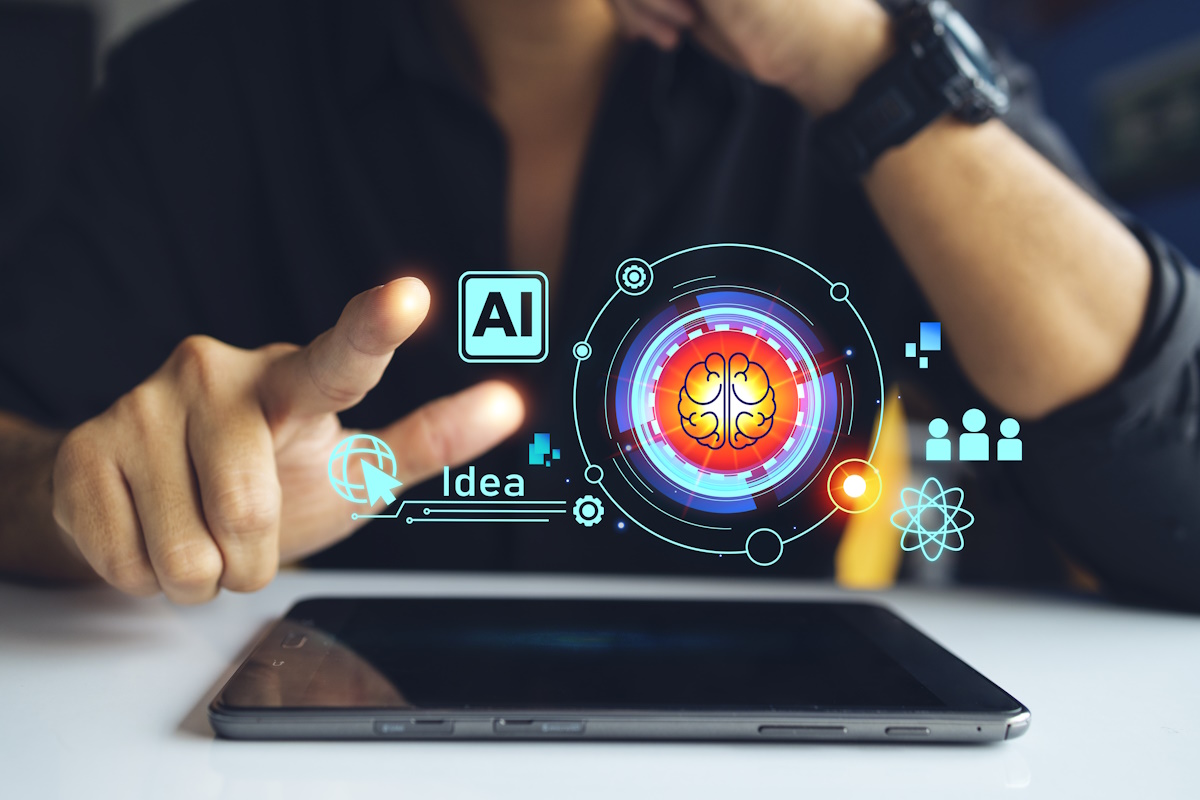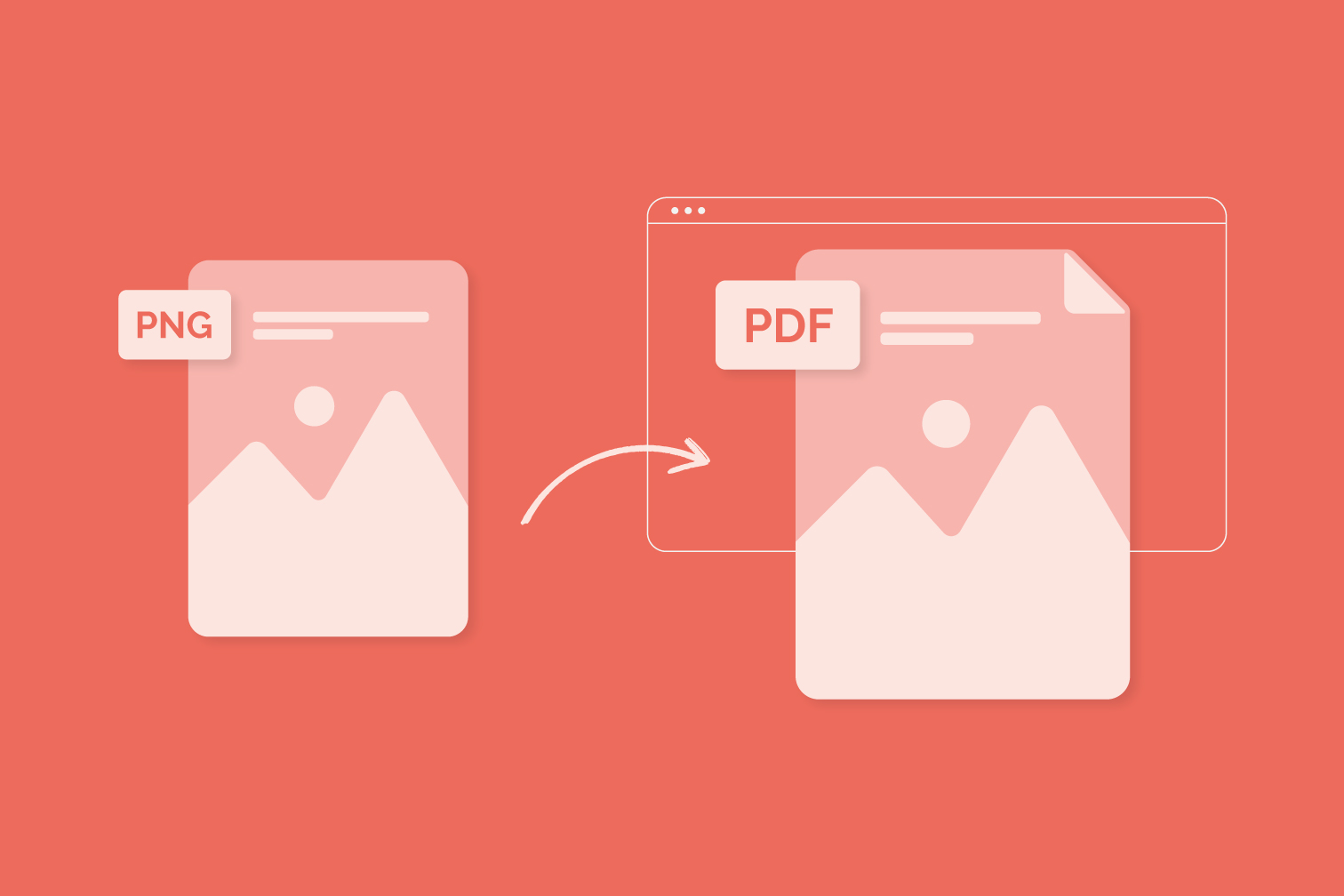The evolution of mobile applications has taken place at an unprecedented pace, shaping the way we interact with technology today. A significant player driving this evolution is Artificial Intelligence (AI), which has carved a niche for itself in the realm of mobile applications.

Contents
Understanding AI Powered Mobile Apps
AI, an amalgamation of computer science and information technology, simulates human intelligence processes by machines. In mobile applications, AI works to enhance the functionality and usability of apps by implementing features such as voice recognition, recommendation systems, and predictive analysis. It enables apps to learn from user behavior, make decisions, and improve performance over time.
Advancements in AI-Powered Mobile Apps
Recent advancements in Artificial Intelligence have propelled the development of intelligent mobile applications. These apps use machine learning algorithms and natural language processing to create personalized experiences for users. Some popular examples include virtual assistants like Siri, Google Assistant, and Alexa, chatbots, and image recognition apps.
1. Personalization
One of the most significant benefits of AI Powered Mobile Apps is personalization. With AI, apps can analyze user data, preferences and make personalized recommendations and suggestions. This not only enhances the user experience but also increases user engagement and retention.
2. Predictive Analysis
AI-based predictive analysis allows apps to anticipate user needs and provide proactive solutions. For example, a ride-hailing app can use AI to predict the estimated time of arrival and suggest alternative routes in case of traffic congestion.
3. Voice Recognition
AI-powered voice recognition has revolutionized how we interact with our mobile devices. With this technology, users can now control their phones hands-free, making tasks like setting reminders or composing messages more convenient.
4. Chatbots
AI-powered chatbots have become increasingly popular in mobile apps, especially for customer service and support. These virtual assistants use machine learning to understand and respond to user queries, providing quick and efficient solutions.
5. Image Recognition
Image recognition technology has also made its way into mobile applications with the help of AI. This enables apps to identify objects or people in images, making it possible to create new features like visual search or facial recognition.
6. Automated Processes
AI also enables mobile apps to automate processes that would otherwise require manual intervention. For example, with AI, banking apps can automate tasks like fraud detection and flag suspicious transactions in real-time.
Benefits of Using AI Powered Mobile Apps
Incorporating AI into mobile apps has manifold benefits. It aids in improving user experience, increasing efficiency and productivity, enabling personalization, and facilitating predictive analysis. This, in turn, leads to increased customer satisfaction and retention.
User Experience: AI improves user experience by providing personalized content and recommendations based on user behavior and preferences.
Efficiency and Productivity: AI enhances efficiency and productivity by automating tasks and processes, thereby reducing the need for manual intervention.
Personalization: AI enables personalization by understanding user preferences and behavior, and providing content and suggestions tailored to individual users.
Predictive Analysis: AI facilitates predictive analysis by using historical data to predict future trends, behavior, and outcomes. This is particularly useful in sectors like finance and marketing.
Customer Satisfaction and Retention: By improving user experience and providing personalized content and services, AI aids in increasing customer satisfaction and retention.
Challenges and Concerns
While AI Powered Mobile Apps holds immense potential, there are several challenges to overcome. Technical difficulties in integrating AI and concerns over privacy and security are primary issues that need to be addressed. Additionally, there is also a lack of understanding and expertise in AI among developers, leading to limited adoption and implementation.
- Technical Challenges: Integrating AI into mobile apps can be complex and time-consuming. It requires specialized skills and resources, making it a challenging task for smaller businesses with limited budgets.
- Privacy and Security Concerns: With the increased use of personal data, there are concerns over privacy and security breaches. It is essential to ensure that AI-powered apps adhere to strict data protection regulations.
- Lack of Expertise: The lack of understanding and expertise in AI among developers can hinder the adoption and integration of AI into mobile apps. Developers may require additional training or resources to implement AI effectively.
Future Outlook
The future of AI Powered Mobile Apps looks promising. As technology continues to evolve, we can anticipate growth and innovation in AI-powered mobile apps, with potential avenues for development in areas like augmented reality, virtual reality, and more. With the increasing demand for personalized and efficient mobile experiences, AI will play a crucial role in shaping the future of mobile app development.
- Boost in Augmented Reality (AR) and Virtual Reality (VR): The integration of AI with AR and VR in mobile apps can provide users with a more immersive and interactive experience. This can be particularly beneficial in sectors such as gaming, retail, and real estate.
- Personalized User Experiences: By analyzing user behavior and preferences, AI can enable mobile apps to deliver highly personalized experiences. This could include customized content, recommendations, or notifications, enhancing user engagement and satisfaction.
- Improved Efficiency and Productivity: AI can automate routine tasks and processes within mobile apps, enhancing efficiency and productivity. For example, AI-powered chatbots can handle customer inquiries, freeing up time for staff to focus on more complex tasks.
- Enhanced Security Measures: AI can improve security within mobile apps by detecting and preventing fraudulent activities. By analyzing patterns and anomalies, it can help to identify potential threats and safeguard user data.
Conclusion
In summary, the integration of AI Powered Mobile Apps offers tremendous potential to transform the way we interact with technology. As we navigate the landscape of AI and mobile apps, we look forward to seeing where this symbiotic relationship will lead us.
Author Bio :- Arjun is a Business Growth Strategist at a Leading Software Development Company. Apart from working on a long-lasting relationship with customers and boosting business revenue, I am also interested in sharing my knowledge on various technologies through successful blog posts and article writing.




